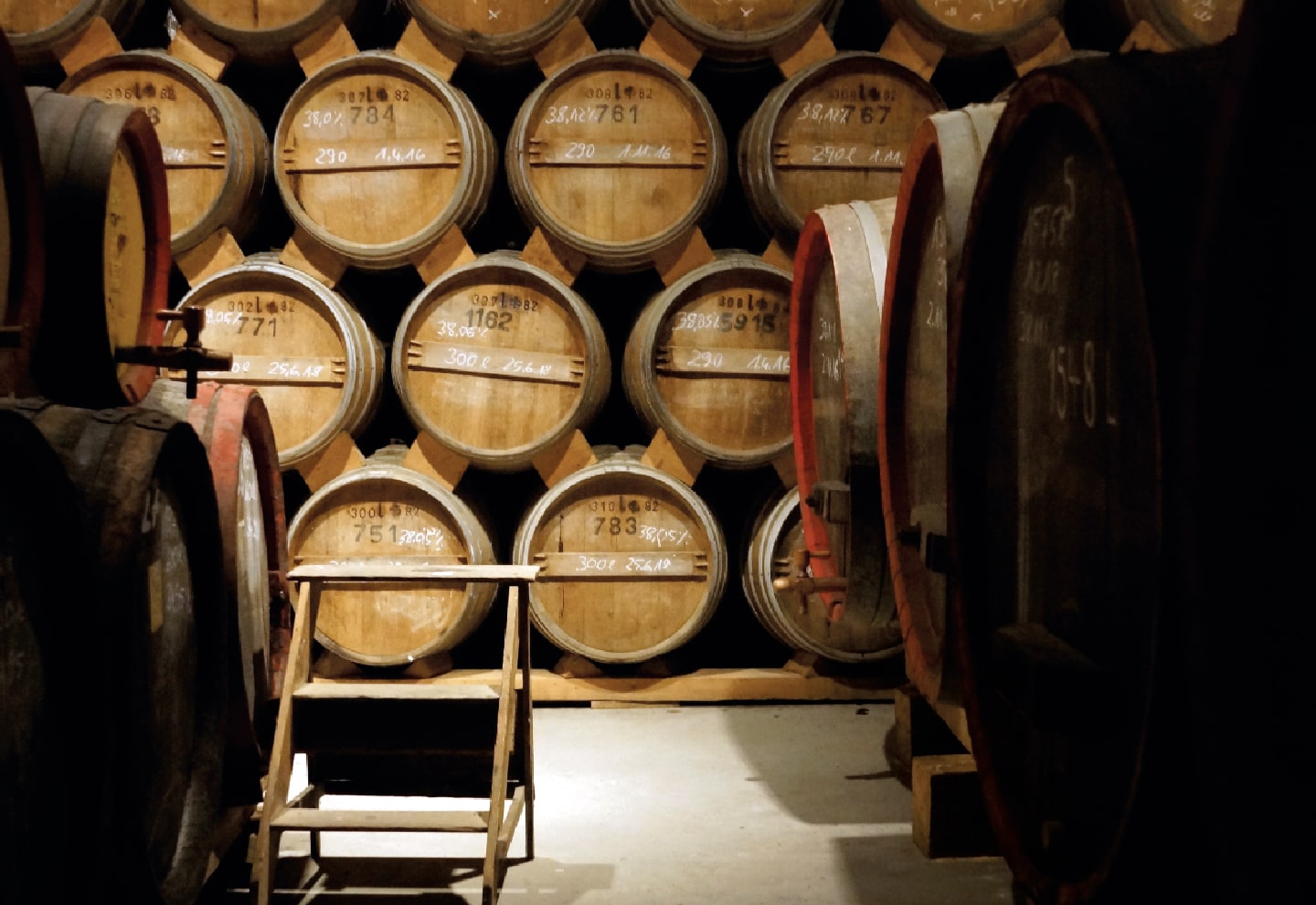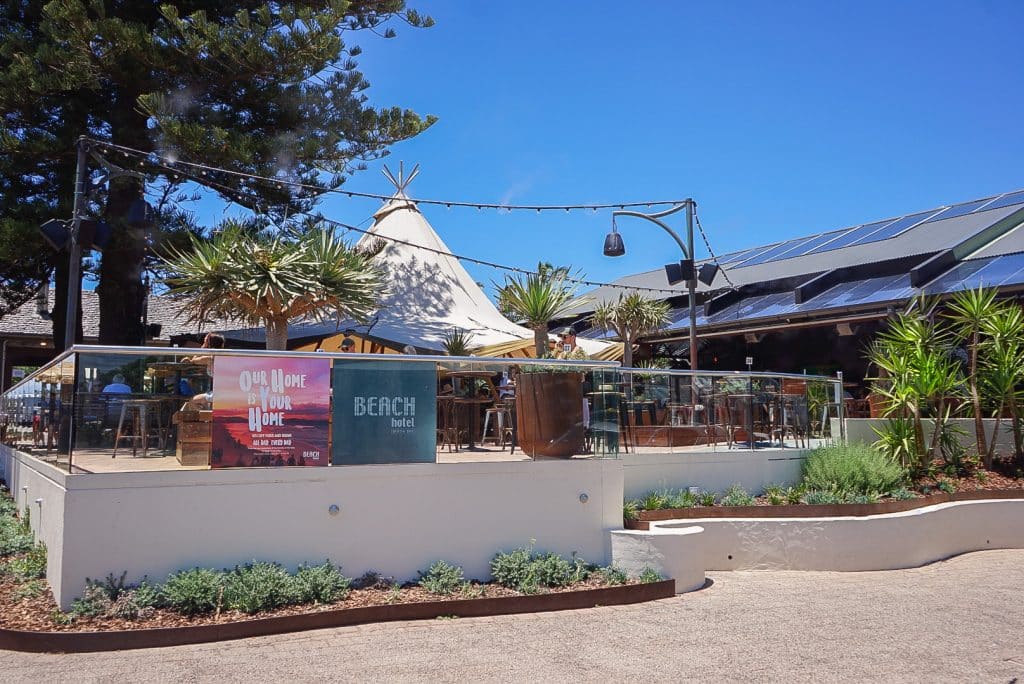
Martin Rahmann FCSI is a busy man. Not only is he president of FCSI Worldwide and owner of his own Dusseldorf-based consultancy, Agere GmbH, but in agreeing to project manage and revamp the hotel operations for Klosterhotel Wöltingerode in Goslar, he had to take on additional responsibilities. Notably three new CEO positions. “It’s a good job I’m an adrenaline junkie,” he laughs, while sitting in his office at the hotel, set in the bucolic splendour of the Hanoverian countryside.
Klosterhotel Wöltingerode has seen an extraordinary transformation under Rahmann’s tenure. He first became involved with the project – a charming hotel complete with its own distillery, based in a renovated 12th century monastery – in early November 2017. It was his 20-year experience of operating re staurants and approximately 60 hotels across Germany that attracted the hotel’s owners, Klosterkammer Hannover.
staurants and approximately 60 hotels across Germany that attracted the hotel’s owners, Klosterkammer Hannover.
The local governmental organisation is owner of 850 historical parks, churches and monasteries and 17,500 properties in the region (see sidebar on page 71). Recognising his talent for restructuring companies, Klosterkammer Hannover also asked Rahmann to become CEO of three of its businesses: Cellerar GmbH (an operating company responsible for the hotel’s hospitality and F&B offering – including its rustic Klosterkrug osteria and Klosterbäckerei bakery – as well as the management of five other restaurants, cafes and hotels); Kloster Wöltingerode Brennen & Brauen GmbH, (a monastery distillery and brewery); and Naturraum gGmbH (a non-profit, limited company that manages additional locations in the Hannover region).
Rising to the challenge
The hotel opened in 2008 but, despite significant investment and yearly refurbishment, had been financially mismanaged and was making a loss. The first task Rahmann faced was to either “close the books and close it down” or realise its potential. He chose the latter.
“I thought, ‘This is special. It could be so much more. We could have a huge business here’,” he says. Rahmann stripped the existing employee base down to a trusted team and set about bringing in experienced former colleagues to boost bookings. This included current hotel director Wolfgang Kolb – “a genius” at room occupancy, according to Rahmann. He also endeavoured to capitalise on the untapped potential of Klosterhotel Wöltingerode’s F&B offering, which focuses on the cornucopia of meat, fresh-baked goods, vegetables and liquor produced within the grounds and surrounding farmland.
The impact of Rahmann and his team was immediate. “We took over in the middle of November and in December hosted our first four-day Christmas market in the grounds. The turnover for the company over that four days was €300,000. That was unbelievable,” he says.
“A lot of the revenue we are going to make is from outside events. Often, the people come because we produce excellent schnapps. The hotel is only 11 years old but the culture of the schnapps here dates back to 1682.”
The hard work is paying off. Following a challenging year in 2018, occupancy is up in 2019 and the hotel is hosting its highest ever number of banquets, says Rahmann.
A bright future
The three-star Klosterhotel Wöltingerode currently has 55 rooms but Rahmann wants to install an additional 14 four-star suites and six more rooms within the next two years. He also has a vision for a second kitchen and a huge new banqueting area.
 Today, the hotel has a deer enclosure that provides exceptional venison for its Klosterkrug restaurant and shop. It also produces honey from its own beehives and grows more than 1,000 sq m of herbs.
Today, the hotel has a deer enclosure that provides exceptional venison for its Klosterkrug restaurant and shop. It also produces honey from its own beehives and grows more than 1,000 sq m of herbs.
Inside, the hotel corridors are lined with ornate tapestries and gospel scriptures, painstakingly drawn by the Cistercian nuns who previously occupied the building. The wooden guest room doors are mostly original, dating back to the 17th century and lovingly restored. Little metal hooks on each door, used in a former life to hang oil lamps, now provide a home for ‘Please do not disturb’ signs.
Original floors have been restored where possible, some also dating back to the 17th century. “It took four people six weeks to restore one floor, which was hidden beneath eight layers of carpets and other flooring,” beams Rahmann. The results are resplendent.
The hotel doesn’t just focus on its rich history either, boasting seven Pokémon stations across the grounds for digital native guests, and hosting multiple music events for up to 700 people throughout the year.
Change and challenge
The three companies Rahmann runs for Klosterkammer Hannover have 250 employees and a combined turnover of €11m. Rahmann says he loves to face new challenges across his multiple roles. “It’s the reason why I’m not a hotel manager. Because after two years, a hotel should work properly, so there is no longer the need for that manager anymore. Instead, in the consultant business, you face another challenge every day.”
One of the additional restaurants Cellerar operates is the 150-cover Zeitfür on the Leine river in Hannover. Housed in a building for the Lower Saxony government it provides F&B and conference facilities for 800 people.
The portfolio also includes OS Restaurant in the historic market town of Hildesheim. Rahmann and his team work on a lease contract, providing the restaurant with staff and foodservice equipment. With 18 employees and €1.15m turnover, the restaurant typically has 100-200 guests each day, including buffet service for large groups. The menu changes daily, providing traditional food (including schnitzel and salmon dishes) for lunch, afternoon tea and dinner. “The history here makes it special. People come here to eat and have fun,” the restaurant manager, Sacha, tells me.
In delivering all of these projects, Rahmann has had to take a step back from the day-to-day operation of his own consultancy, Agere, which employs six people and is currently working on 10 hotel projects across Germany. Rahmann has recently promoted longstanding colleague Robert Reznizak to CEO.
“All my employees are very reliable, but I cannot delegate very well,” laughs Rahmann. “I have done always two things extremely well: I’m a team player and I’m an excellent networker. I’m able to deliver a hotel manager for an internship in less than 12 hours, because I have my contacts.”
For Rahmann, success is defined by “finding satisfaction” in what you do. Yet he admits that in his 30 years of working he has never been fully satisfied. “I am looking for challenges. I need that. I can’t imagine stopping what I’m doing, but maybe in the future I might open up a sausage grill in South Miami… Or operate 20 bungalows in Indonesia as a hotel… I need the change and the challenge.
Michael Jones




